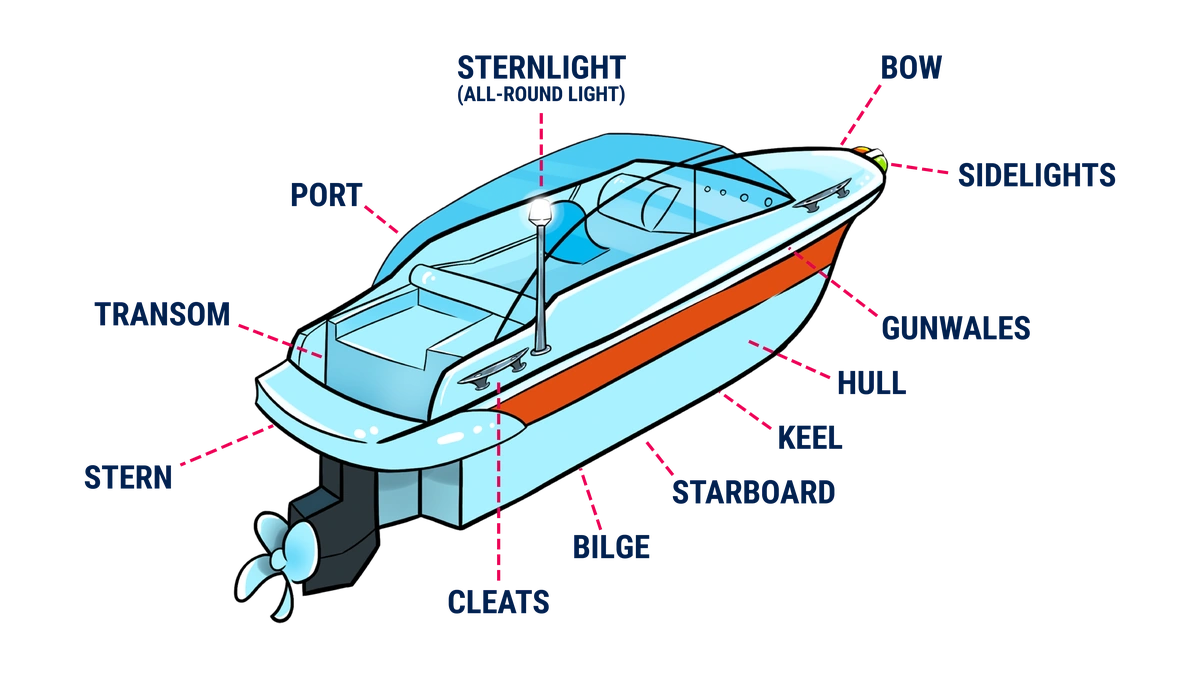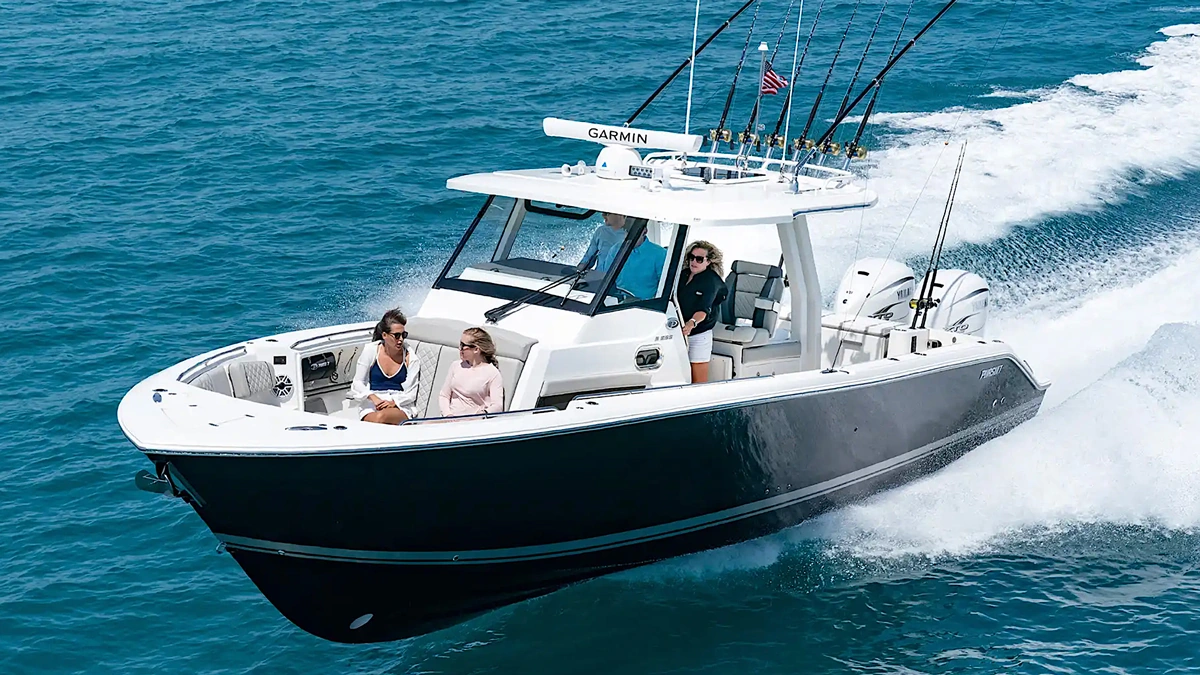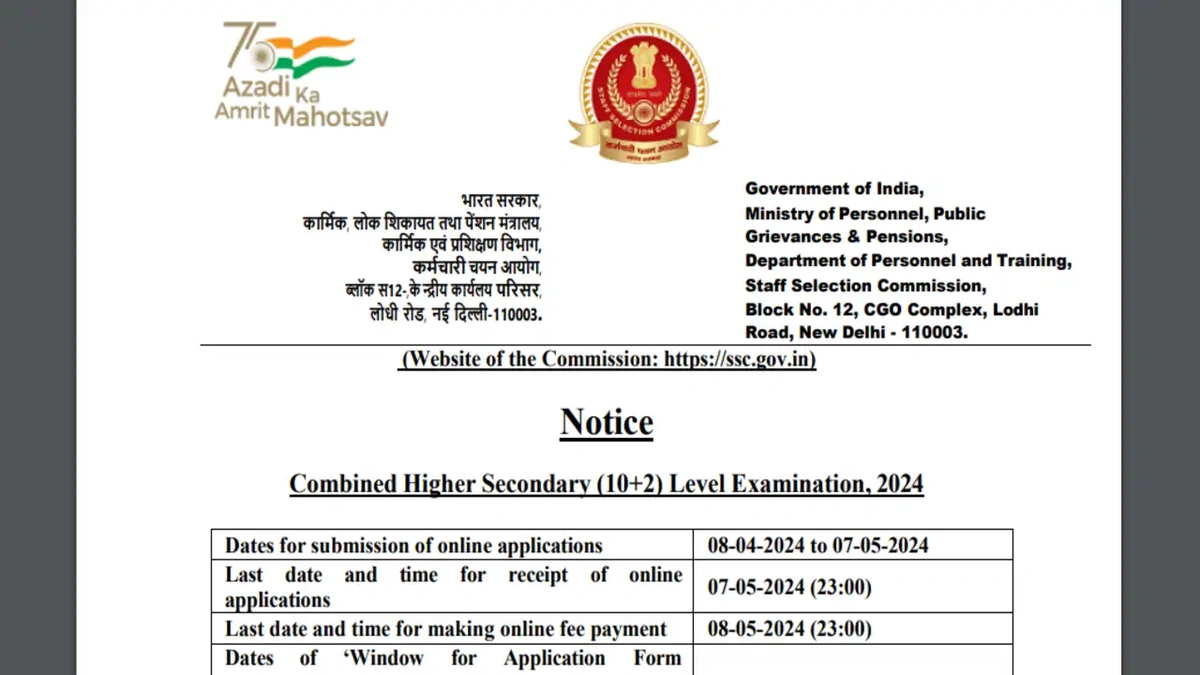Row, Row, Row Your Boat… But Why? A Deep Dive for the Curious Mind
We all know the song. But let’s be honest – when was the last time you really thought about a boat ? It’s easy to take them for granted. They’re just… there. But what fascinates me is the sheer history, the technology, and the deep cultural significance that floats beneath the surface (pun intended!). So, let’s dive in, shall we?
The Humble Boat | More Than Just a Floating Device

It might seem obvious, but think about it: the invention of the boat was revolutionary. Before boats, humanity was largely confined to the land. Rivers, lakes, and oceans were barriers. Boats changed all that. They opened up trade routes, allowed for exploration, and connected civilizations in ways never before imagined. And let’s not forget, they facilitated the spread of culture – both good and bad. This is especially important in India, a land crisscrossed with mighty rivers. But, the construction and use of a traditional Indian boat is a sight to behold and must be experienced.
And, get this – according to some archaeological findings, rudimentary boats could be tens of thousands of years old! We’re talking hollowed-out logs, rafts made of reeds – simple, yet incredibly effective. The evolution from these early vessels to the sleek, modern boats we see today is a testament to human ingenuity.Wikipediaoffers a wealth of information on the types and history of boats.
Why Boat Design Matters | Form Follows Function (and Sometimes, Fashion)
Here’s the thing: a boat isn’t just a boat. The design tells a story. A narrow, sleek kayak is designed for speed and agility. A wide, stable fishing boat is built for, well, fishing. And a massive cargo ship? It’s all about hauling goods efficiently across vast distances. But, you also have the magnificent houseboats of Kerala. These are an industry unto themselves. The Kerala houseboat tourism provides livelihoods and experiences to millions.
What I find particularly interesting is how different cultures have approached boat design. Think of the graceful outrigger canoes of the Pacific Islands, perfectly adapted to navigate the open ocean. Or the sturdy, seaworthy dhows that have plied the waters of the Arabian Sea for centuries. Each design reflects the specific needs and environmental conditions of its region. A common mistake I see people make is assuming all boats are created equal. They’re not! A rowing boat and a sailboat have totally different engineering.
Boats and the Indian Economy | A Vital Artery
India, with its extensive coastline and network of rivers, relies heavily on boats for transportation, fishing, and trade. From small fishing boats providing sustenance to coastal communities to large cargo ships facilitating international commerce, boats play a crucial role in the Indian economy.
Consider the impact on fisheries. Millions of people in India depend on fishing for their livelihoods. Boats are essential for accessing fishing grounds and bringing the catch back to shore. But it’s not just about fishing. Boats are also used for transporting goods, ferrying passengers, and even for tourism. A common challenge is the need for sustainable fishing practices and responsible boat operation to protect marine ecosystems.
And, here’s the thing – the Indian government is actively promoting the development of the Indian shipbuilding industry , recognizing its strategic importance and potential for economic growth. Incentives are being offered to encourage domestic manufacturing and reduce reliance on foreign imports. This will definitely impact the future of boating .
The Emotional Connection | Boats, Dreams, and Escapism
Let’s be honest, there’s something inherently romantic about boats. They represent freedom, adventure, and the allure of the unknown. Think of all the stories and legends associated with boats: epic voyages, daring pirates, and the discovery of new worlds.
For many, owning a boat is a dream come true. It’s a chance to escape the stresses of daily life and reconnect with nature. Whether it’s a leisurely cruise on a lake, a thrilling fishing trip, or a challenging offshore passage, boats offer a unique sense of adventure and relaxation. What fascinates me is how this desire for escape is universal. It’s not just an Indian thing – it’s a human thing.
And even if you don’t own a boat, the sight of one gliding across the water can evoke a sense of peace and tranquility. The rhythmic sound of waves against the hull, the gentle rocking motion – it’s a powerful antidote to the chaos of modern life. You can experience all of this if you take a ride on a luxury yacht .
Looking Ahead | The Future of Boats
So, what does the future hold for boats? Several trends are shaping the industry. One is the increasing focus on sustainability. Electric boats, hybrid propulsion systems, and eco-friendly materials are gaining popularity as people seek to reduce their environmental impact. It’s great to see a solar powered boat being adopted.
Another trend is the integration of advanced technology. GPS navigation, automated systems, and smart sensors are making boats safer, more efficient, and easier to operate. I initially thought this was just a gimmick, but then I realized how much these technologies can improve the overall boating experience. And Bombay High Court is also addressing rules and regulations regarding water safety.
But perhaps the most exciting development is the rise of autonomous boats. Imagine a future where cargo ships can navigate the oceans without human intervention, or where unmanned research vessels can explore the deepest reaches of the sea. It’s a bit like science fiction, but it’s rapidly becoming a reality.
The future of boats is undoubtedly bright. From sustainable technologies to autonomous systems, the possibilities are endless. UIDAI Aadhaar
FAQ About Boats
What are the different types of boats?
There are many different types of boats, each designed for a specific purpose. Some common types include fishing boats, sailboats, motorboats, cargo ships, and passenger ferries.
How do I choose the right boat for my needs?
The best boat for you will depend on your intended use, budget, and skill level. Consider factors such as size, capacity, and type of activities you plan to engage in.
What are some essential safety precautions when boating?
Always wear a life jacket, check the weather forecast before heading out, and be aware of your surroundings. It’s also important to have a working radio and a first-aid kit on board.
How do I maintain my boat?
Regular maintenance is essential for keeping your boat in good condition. This includes cleaning, inspecting for damage, and performing routine engine maintenance.
What are the regulations for boating in India?
Boating regulations vary depending on the region. It’s important to familiarize yourself with the local laws and regulations before operating a boat.
So, there you have it. The boat – a seemingly simple object that has shaped human history, fueled our imaginations, and continues to play a vital role in our world. Next time you see a boat, take a moment to appreciate the ingenuity and the rich history behind it. It’s more than just a boat; it’s a symbol of human potential.













